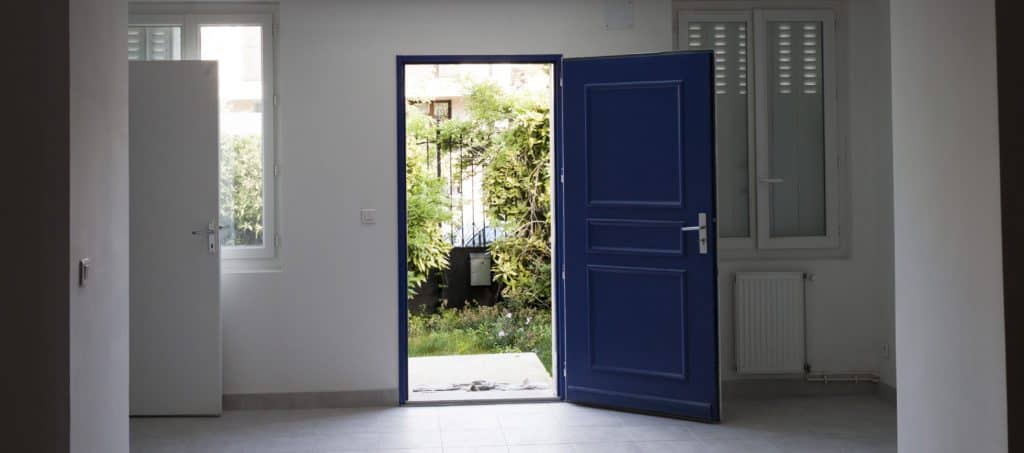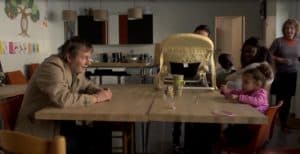- Nous connaitre
- Notre action
- Nous soutenir
- Nous rejoindre
- Devenir bénévole Faire un don
-
58associations localesdans toute la France
-
Nous rejoindreJe découvre les offres d'emplois
Habitat et Humanisme agit en faveur du logement et de l’insertion des personnes en précarité, et pour la (re)création de liens sociaux.
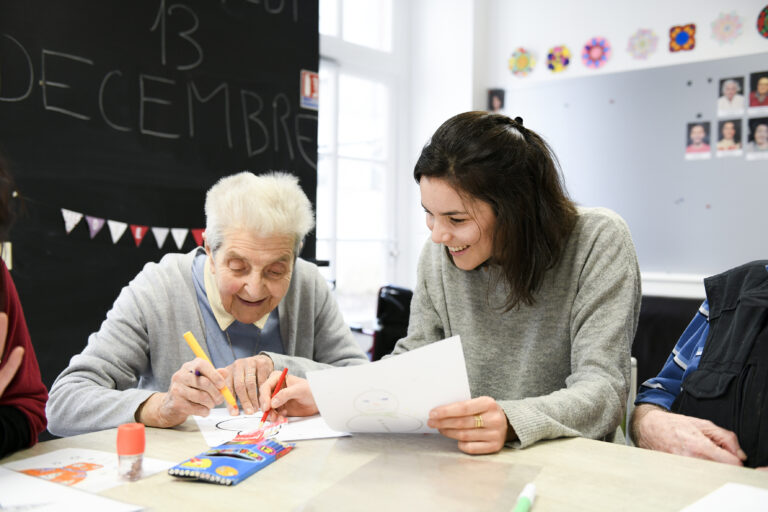
Habitat et Humanisme est présent dans 87 départements français, en Belgique et au Luxembourg.
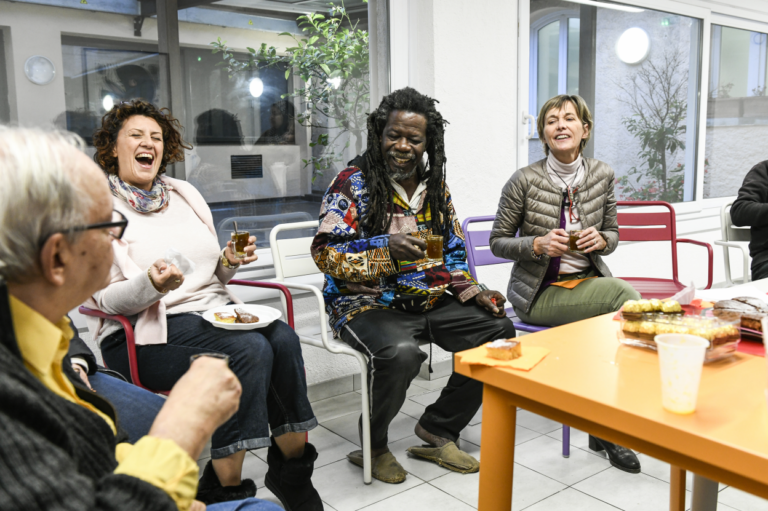
Le Mouvement est animé par une Fédération reconnue d’utilité publique, dirigée par un Directoire et un Conseil de Surveillance.

Habitat et Humanisme publie un rapport d’activité et un rapport d’impact social annuels.
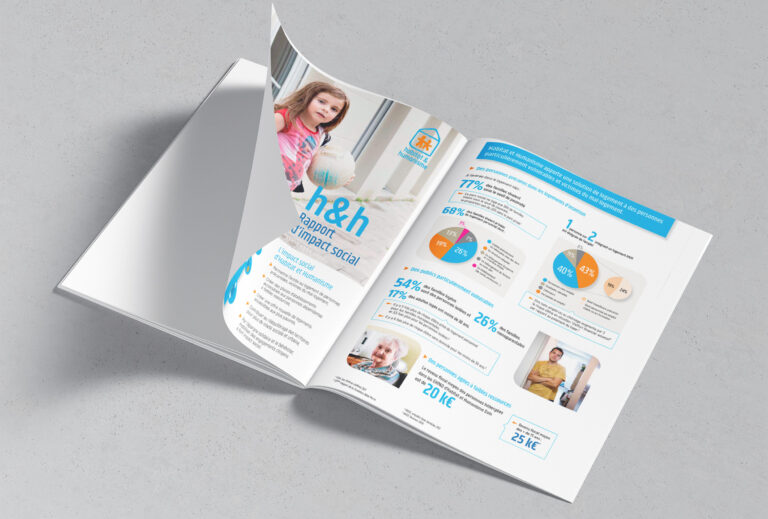
Habitat et Humanisme propose des logements individuels ou collectifs, adaptés aux différentes formes de précarité.
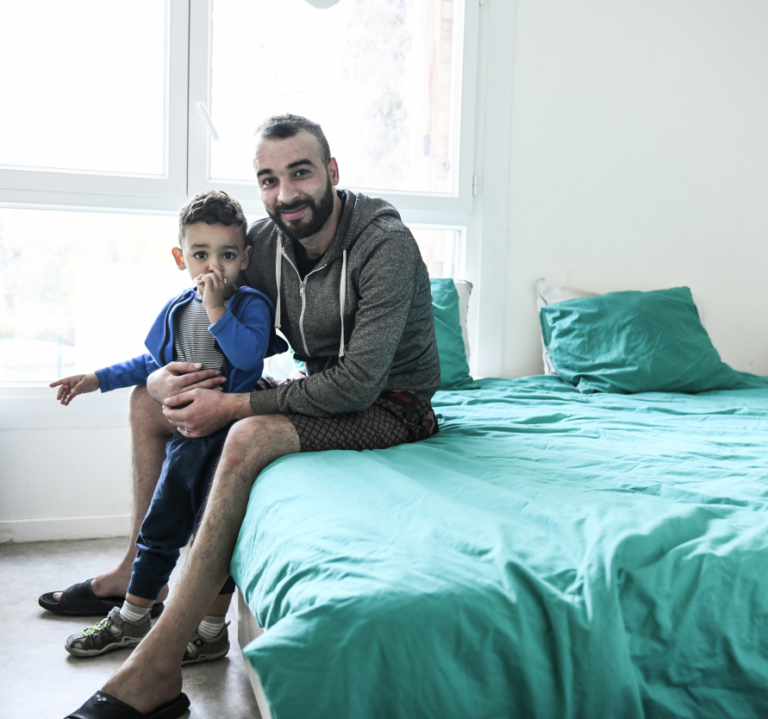
Habitat et Humanisme propose à toutes les personnes logées un accompagnement individuel ou collectif, adapté à la situation de chacun.
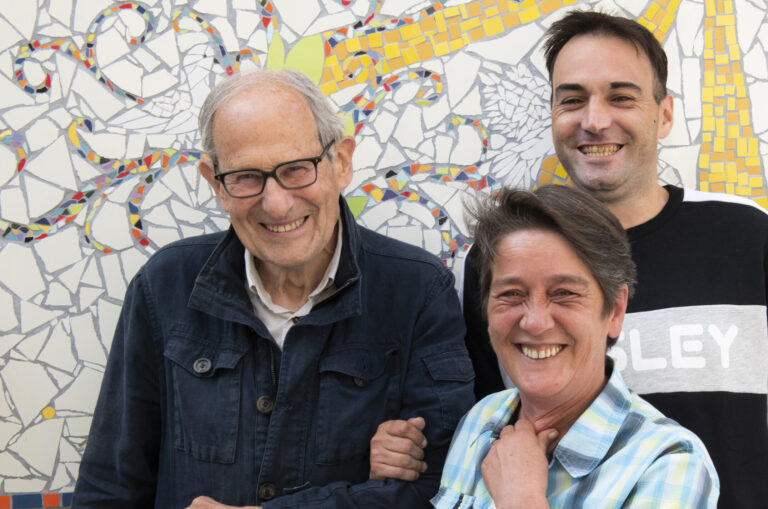
Habitat et Humanisme agit pour lutter contre l’isolement des plus fragiles et recréer des liens au sein de notre société fracturée.
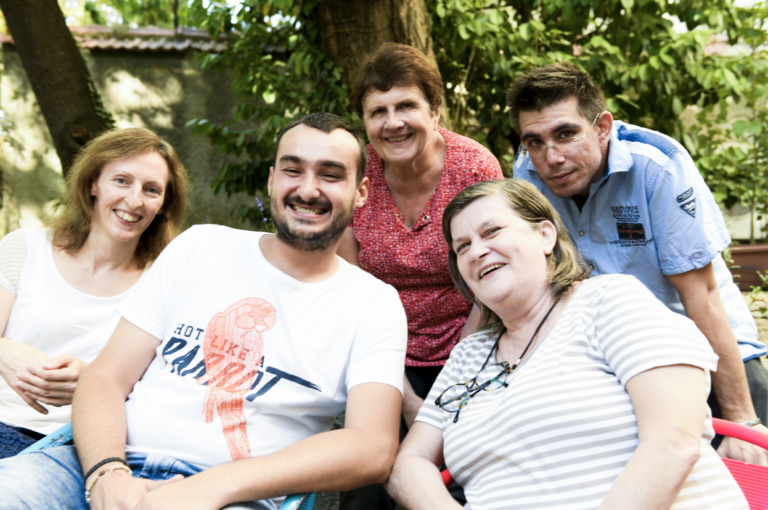
Don déductible de l’impôt sur le revenu ou de l’IFI, ponctuel ou régulier, donation pleine ou temporaire, legs ou assurance-vie.
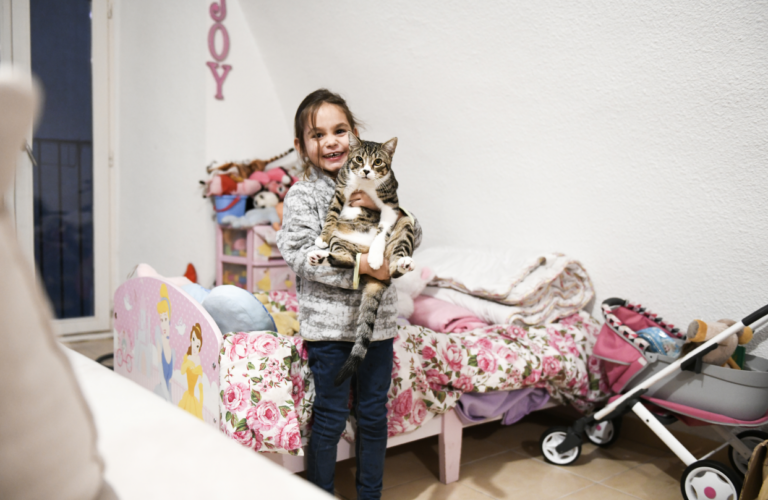
Dans toute la France, découvrez nos offres de bénévolat pour une mission qui vous ressemble !
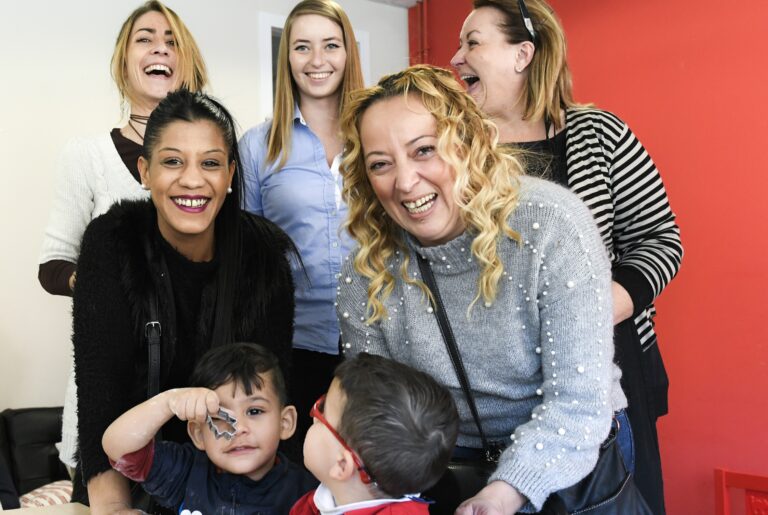
Confiez-nous vos biens, pour une location sereine, solidaire et pleine d’avantages !
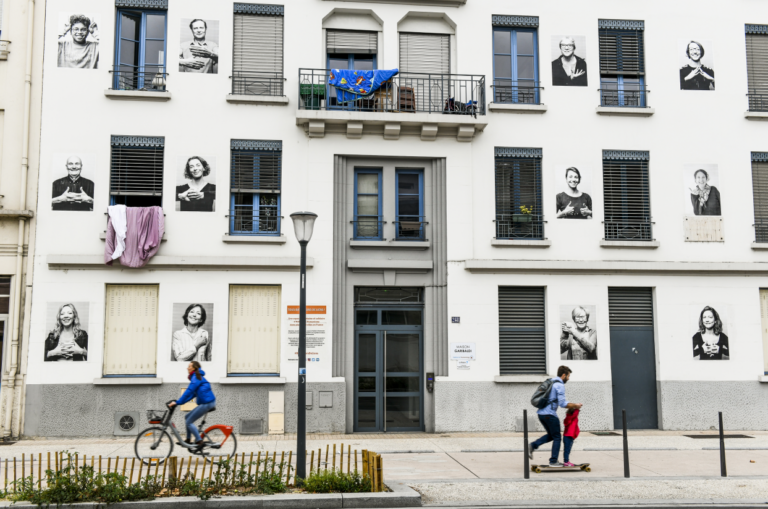
Découvrez une autre façon d’épargner ou d’investir : utile, responsable et respectueuse de vos intérêts !
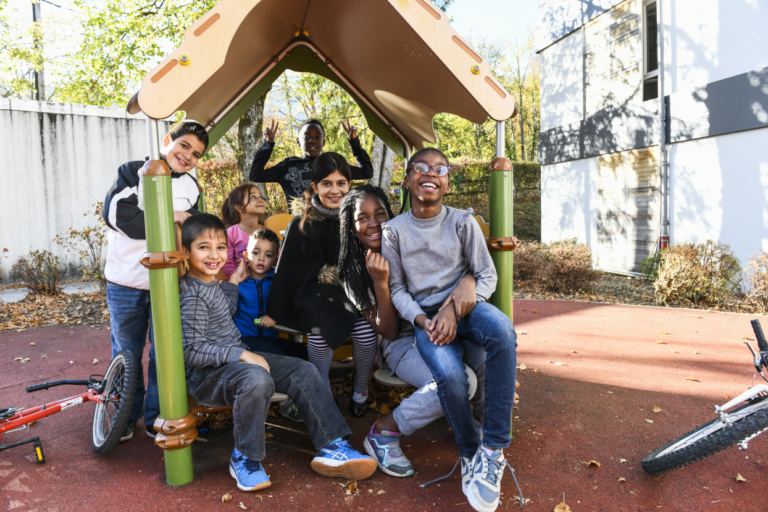
INVESTISSEZ SOLIDAIRE pour le logement des personnes âgées

